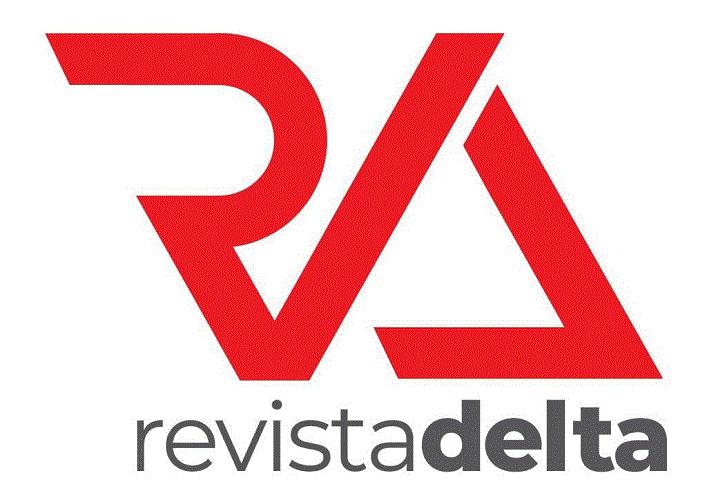ABSTRACT
This essay presents a critical examination of the construction and use of the category “speaker” in the phonetic-phonological studies of Mapudungun in Chile, which constitute a local academic discourse tradition. 20 research articles from this tradition in the last 10 years were reviewed to inform our discussion. A systematic absence of sociolinguistic profiles of the communities studied and of an explicit and coherent definition of the category “speaker” were observed. It was also possible to identify a series of theoretical assumptions and language ideologies revealing a problematic conceptualization of such category and the normalization of asymmetric relations in the research process, as a result of positivist approaches in research and structural linguistics perspectives. This work emphasizes the need of addressing the epistemological basis of the categorization of speakers, its objectives, and its theoretical and ideological consequences, but also its implications in the representation of the groups with whom we work.
Keywords:
discourse tradition; speaker; Mapuche; language ideologies
